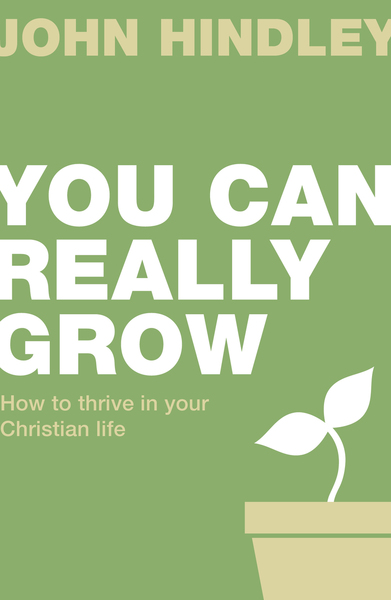The Good Book Company (Australia) will be closed from Saturday 21st December until Thursday 2nd January. Any orders placed during this time will be held and dispatched on Thursday 2nd January 2025. Emails will still be checked. Apologies for any inconvenience this causes.
 For years, I have struggled with Bible reading. Most Christians I know struggle to read the Bible (though we don’t like to talk about it).
For years, I have struggled with Bible reading. Most Christians I know struggle to read the Bible (though we don’t like to talk about it).
We wonder why it doesn’t seem to make a difference to us. We wonder why we don’t miss it when we don’t read it.
We know we should read its words, but often we don’t really feel like reading it. We know it’s true; we don’t remember it’s beautiful.
Maybe you’re in that position as you read this. Maybe you are in church leadership and wish your church family would read the Bible more (even as you wish that your own Bible-reading was more than doing your duty).
Well, I think I’ve worked out what I was getting wrong about the Bible. I was reading the Bible as though it were about me—my understanding, behaviour, guidance, feelings. But it is not about me. It is about Jesus. And really knowing that changes everything.
When my wife and I were dating, we wrote each other letters. I read Flick’s letters for information on how she had been doing (you might call that reading intellectually), to know how to be a good boyfriend to her (reading morally), or because they made me feel good (reading emotionally). But if that had been it, I’d have entirely missed the point. I read those letters first and foremost because I loved Flick, and I wanted to hear from Flick because of my love for her and her love for me.
I read them because I couldn’t not read them—because I loved her.
The Bible is first and foremost a love letter, from Christ, to us as his people. Yes, the words are the words of Moses, Matthew, Paul and so on, but they are the words of Christ’s Spirit, too. This is why Jesus says to a group of people who were very, very good at making time for “quiet times”:
“You diligently study the Scriptures because you think that by them you possess eternal life. These are the Scriptures that testify about me, yet you refuse to come to me to have life.” (John 5 v 39-40)
The Scriptures are all about Jesus. They point us to him, because they are from him. So reading the Bible is not about me learning more, but loving more. It is my chance to hear from Jesus, to see Jesus, to grasp more fully the love and power and perfection of Jesus.
When we forget that, our Bible reading not only doesn’t grow us, but it can actually stunt us. It can turn our Christian life into an intellectual pursuit, or a moral crusade, or an emotional rollercoaster, or a job on the to-do list. Even a “good” quiet time (I understood the passage, or I saw how I must change, or I felt great, or I got it done) doesn’t really change anything, for very long. Too much of this and I give up Bible reading, or I shrink through Bible reading.
Let’s read the Bible because it’s about Jesus. We’ll need to understand it. It will show us how to live. It will sometimes fire our feelings. It will need to be done diligently.
 But it will change so much, and help you grow so much, if you sit down with your Bible and think: I am about to hear from Jesus, about Jesus. I am opening up his love letter. You may need some notes or devotional books to help you. But most of all, you need to know what the Bible is: or rather, Who the Bible is from and who it is about. He is true, and he is beautiful, and he is speaking to us.
But it will change so much, and help you grow so much, if you sit down with your Bible and think: I am about to hear from Jesus, about Jesus. I am opening up his love letter. You may need some notes or devotional books to help you. But most of all, you need to know what the Bible is: or rather, Who the Bible is from and who it is about. He is true, and he is beautiful, and he is speaking to us.
Get that, and you and I will read the Bible because we can’t not read the Bible.
This is an edited excerpt from John Hindley’s new book, You can really grow: How to thrive in the Christian life.